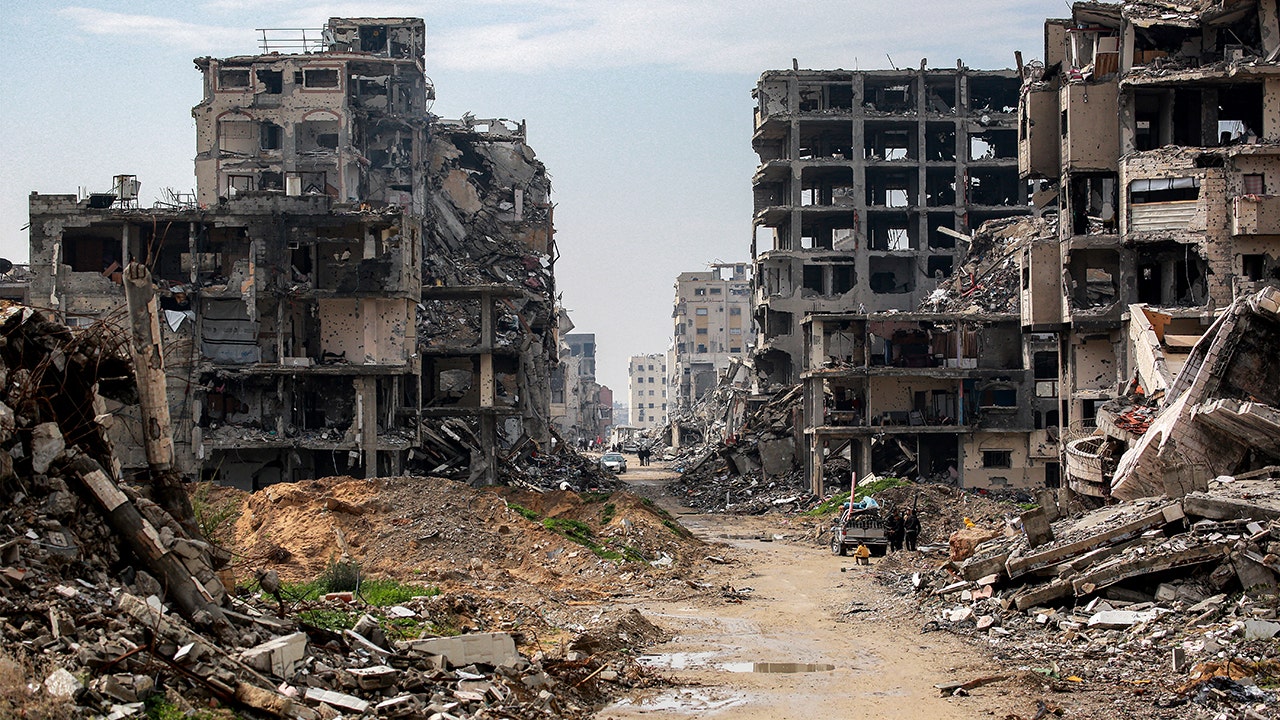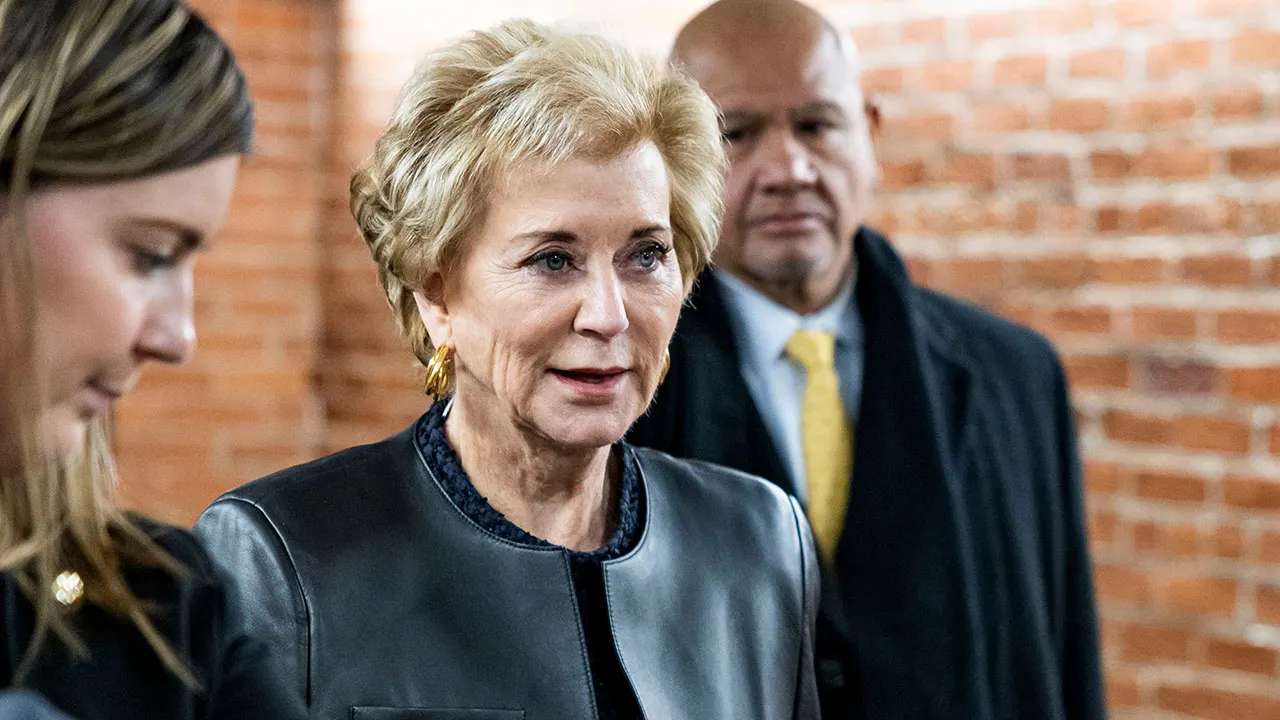In a crucial year for climate action which, in accordance with the Paris Agreement, seeks to limit global warming to 1.5°C above pre-industrial levels, World Radio Day is dedicated in 2025 to highlighting the power of broadcasting to bring climate change issues to prominence.
That’s the goal of Climate Radio Route.
Radio democratises
Radio is considered the most reliable medium, according to the UN Educational, Scientific and Cultural Organization (UNESCO), which supports radio stations, like Climate Radio Route, in their journalistic coverage of this year’s theme.
Adrián Martínez, director of La Ruta del Clima – the Climate Route – a Costa Rican non-governmental organization (NGO) promoting public participation in climate and environmental decision-making that has been an observer, advocating at the UN climate summits since 2014.
“Radio in all its versions, whether digital or transmitted by antennas, is super important because it democratizes,” he told UN News . “Radio traditionally reaches places and communities where there is no Internet. It is also very generational. People interact with the radio day by day because it is ephemeral.”
Climate hits the radio waves
The Climate Route studies and exposes impacts “on the human rights of people in vulnerable communities in Latin America, especially in Central America, who have to deal with the adverse effects of climate change, for which they have very little responsibility but which is transforming their territories and ways of life”, Mr. Martínez explained.
With the aim of disseminating and raising awareness in society about these issues, in 2015 the organization created the Ruta del Clima Radio – the Climate Radio Route.
The programme was broadcast in the first years by a radio station of the University of Costa Rica and then by digital media through podcasts.
Communities can make their voices heard
“Communication that can have a massive reach has become very expensive and elitist,” Mr. Martínez said. “However, digital or traditional radio opens up that opportunity for communities, social organizations and movements to create their window and make their voices heard.”
UNESCO argues that beyond popularising environmental concepts, by disseminating information independent of economic, ideological and political powers, radio can condition listeners’ perception of climate change, and the importance given to the issue.
As such, radio can also contribute to shaping the public agenda and influencing policies in this regard.
A training workshop on damage and loss in the community of Cahuita in Costa Rica.
Connecting climate change to people
The Climate Radio Route has focused a lot on connecting the issue of climate change with people, not only at the national level in Costa Rica, but throughout the Latin American region.
The programme discusses issues most relevant in climate governance and amplifies the work and experiences and opinions of colleagues, activists and experts from this region and others on climate issues.
“Citizens can have information and criteria beyond what is in the official media and thus can have a more comprehensive vision and promote the effective participation of our communities in climate decisions,” Mr. Martínez said.
Climate Route Radio productions are self-contained and include climate summits, community interviews and online interviews with people around the world in English or Spanish.
In line with the SDGs
The Climate Route underlines the importance of the 17 Sustainable Development Goals (SDGs), particularly those that refer to: climate action; peace, justice and solid institutions; and partnerships to achieve the goals.
Mr. Martínez points out that the NGO has worked with some UN agencies, such as the UN Children’s Fund (UNICEF) and the UN Development Programme (UNDP).
“We collaborate, for example, with the High Commissioner for Human Rights (OHCHR), on climate change issues, and we are always discussing with them and with the rapporteurs of the United Nations system or the OAS [Organization of American States] on environmental issues,” he said.

The impact of Storm Nate was catastrophic for Costa Rica, affecting 117 national roads and 113,000 hectares of agricultural production, damaging 423 bridges and causing more than $380 million in losses. (file)
Climate justice claims
Costa Rica is a country that for years has stood out for the ecological and climate awareness of its population and government, and the Climate Radio Route could have something to do with that awareness.
“We know that we have a very specialised community of listeners and have helped to interact with this technical group from various countries: politicians, activists or members of governments or national delegations,” Mr. Martínez said, adding that it has also helped to talk about issues of human rights, gender and community perspective as well as make constructive criticism.
This interaction, he adds, has made it possible to strengthen demands for climate justice.

Adrián Martínez, director of La Ruta del Clima, facilitates a workshop on climate reparations at COP 29.
A ‘very special’ radio
“We are not a very large radio station, but perhaps very special in its message,” Mr. Martínez said. “I think that has opened doors for us to make our perspective known and create a link with this community that is sometimes difficult to engage.”
In this vein, he underlined the relevance of radio.
“It allows us to access communication in an oral way, which is sometimes very necessary to be able to have understanding,” he said. “The way we communicate orally is very different from the way we do in writing and sometimes we cannot communicate in the same way.”
Radio is essential to be able to generate that dialogue of ideas, emotions and feelings that can enhance decision making for peace and for the construction of a better relationship with the environment.
“I think we must continue to explore not only the use of radio, but also other media that connect us and understand the need to work together,” he said. “That is the important thing about the media: to be able to understand others and then to be able to take common action.”





